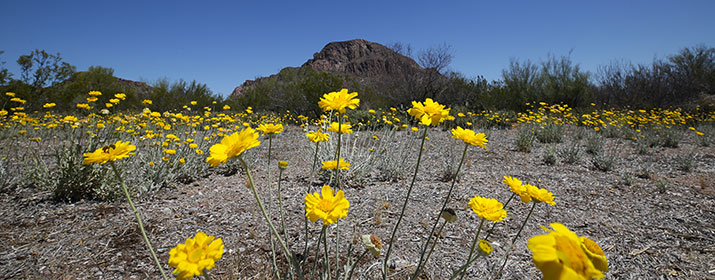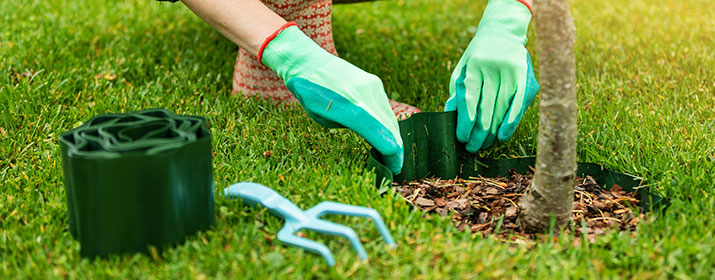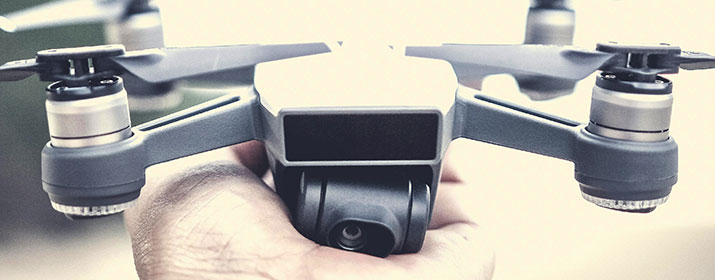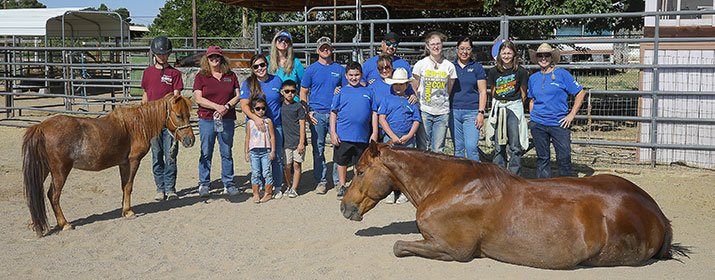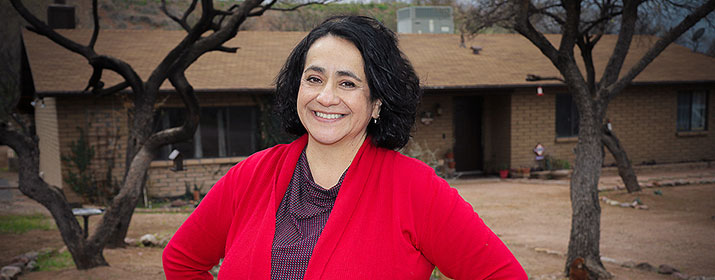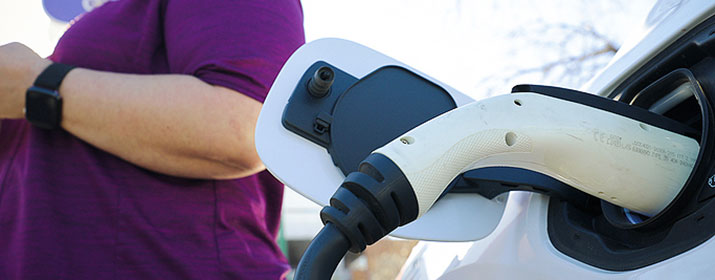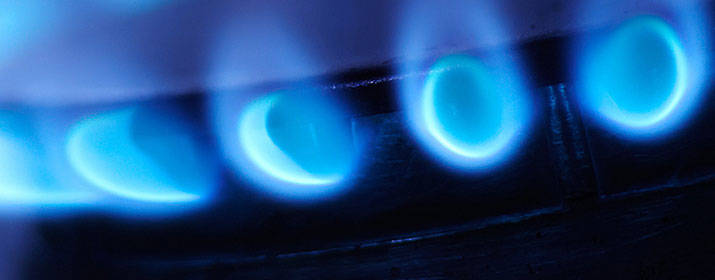
Since most of our homes are heated with natural gas-fired furnaces, it’s a good idea to review safety guidelines. Natural gas is a safe, reliable and affordable energy source when your appliances and systems are properly maintained.
How to recognize a natural gas leak
Natural gas leaks can be detected using your senses:
- Sight: Although natural gas is invisible, look for discolored vegetation, bubbling water, or dust being blown from a spot on the ground. Applying soapy water solution on pipe joints can help you identify leaks.
- Smell: UniSource adds a harmless chemical that gives natural gas a distinctive “rotten egg” smell to help identify leaks.
- Sound: Listen for unusual noises like hissing, whistling, or roaring, which might indicate escaping gas.
What to do if you smell natural gas
If you detect a gas leak, take immediate action:
- Leave the building immediately and take others with you.
- Do not create any sparks or flames. Avoid smoking or lighting matches. Refrain from starting a vehicle or using phones, flashlights or any electrical equipment that could create a spark.
- Leave the door open as you exit.
- Call 911 and UniSource’s emergency number,877-837-4968, from a safe location away from the area.
- Do not return to the building until firefighters or other public safety officials declare it safe.
Avoiding carbon monoxide
Carbon monoxide is a colorless, odorless, toxic gas that can be produced by an improperly operating gas furnace or other fuel-burning appliance in your home.
If you have a furnace, you should have carbon monoxide detectors in places throughout your home, preferably in every room. They’re about the size and shape of smoke detector and they detect trace amounts of carbon monoxide. When levels exceed safety designations, the alarm activates, emitting a piercing, loud alarm.
Other ways to protect your home from carbon monoxide leaks:
- Never use gas ovens to heat your home
- Do not use of charcoal grills indoors
- Ensure all fuel-burning appliances have proper ventilation
- Check that chimneys and flues are unblocked and in good condition
- Do not use appliances that may been tagged as unsafe for operation until serviced
Get your furnace an annual check-up
Regular maintenance is crucial for safe natural gas appliance operation, so make sure to schedule professional inspections.
- Inspect and service your furnace at the beginning of each season.
- Ensure proper venting and air supply.
- Clean or replace filters as recommended.
- Check for proper combustion and safety controls.
- Verify carbon monoxide levels are within safe ranges.
Call before you dig!
Any time you plan to dig in your yard, always call 811 at least two full working days prior to starting any excavation. This free service, which is required by law, locates underground utilities to prevent accidental damage and potential injuries. Assuming you know where the underground lines are located can result in serious injury and threaten nearby homes and businesses through a gas leak, a fire or a service disruption.
Remember, proper maintenance and awareness are key to safely enjoying the benefits of natural gas in your home. When in doubt, contact a qualified professional for assistance with any gas-related concerns.

